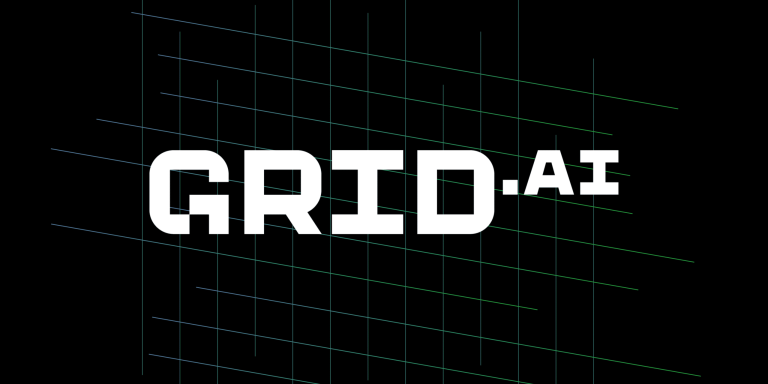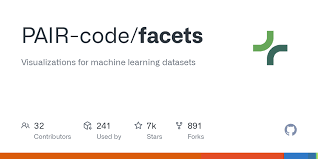
Grid.ai
Grid.ai is a cloud platform designed to accelerate machine learning research by automating infrastructure management for training models. By using Grid.ai, researchers can easily scale their machine learning experiments across multiple GPUs or cloud instances, without having to worry about the underlying infrastructure. The platform is optimized for training deep learning models and is built on top of the PyTorch Lightning framework, making it especially valuable for research teams working with complex neural networks. Its core benefit is that it allows researchers to focus on experimentation and model development, rather than on the technical challenges of scaling and managing hardware.






